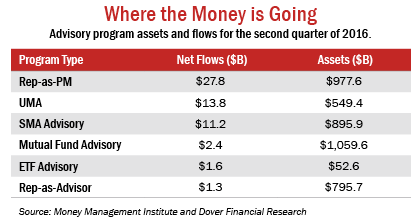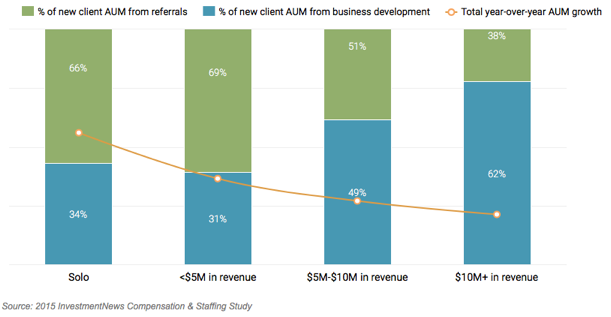Time again to take out my crystal ball (or magic eight-ball) and have a little fun predicting what will happen next year. These predictions are in no particular order (and please remember that these are predictions of what I think will happen, not necessarily what I want to happen; click here to see how I did with my 2017 Top 10 Predictions):
10 – The Mueller investigation will continue throughout the year, and might not even finish before the year is over. Trump will not be indicted, however it is possible that one of his sons, or his son-in-law will be. If that indeed happens, Trump will issue a pardon(s), setting up a messy confrontation with Democrats. In other words, the turmoil surrounding the Trump Administration and the Russia investigation will continue unabated.
9 – Despite making gains, the Democrats will fail to win the majority of seats in the House of Representatives, and Nancy Pelosi will be replaced as Minority Leader (this might actually not happen until early 2019 when the new Congress is seated, but its inevtibility will become apparent soon after the election). The Republicans will slightly increase their majority in the Senate. The map highly favors the Republicans (with more Democratic seats up), so even though the majority will increase, it will not seem like a victory because they will not win as many seats as they could have.
8 – The Republican party will continue to splinter, and the primary season will be very ugly with numerous in-party challenges. The Democrats will struglle internally as well, as the liberal wing (led by Warren and Sanders) will contiue to buck the rest of the party. This latter divide is another reason why the Democrats will be once again be the minority party in both Houses. No clear Democratic candidate for President will emerge, leaving both parties in dissaray at the end of the year. Political turmoil continues.
7 – If tax reform doesn’t pass by the end of this year (which it probably will but just had not when this was posted), it will pass early next year, but no major infrastructure or other significant legislation will pass in 2018, as election year gridlock will begin earlier than usual. The Republicans will cite Democratic obstructionism as their election cry while the Democrats will highlight the lack of Republican legislative successes. Get ready for a fun Fall!
6 – Despite rampant speculation at the end of the upcoming Supreme Court term, Justice Stevens will not retire. Short of an unexpected death, Trump will be denied another Supreme Court nomination next year.
5 – On the international scene, there will be elections in the U.K as the May government will fall as negotiations over Brexit stall and get contentious (this prediction was written before the recent set back when Parliament bucked May and legistated that it must okay any final plan). Merkel will put together a coalition and remain as Chancellor in Germany. There will little to no progress on Middle East peace and Assad will remain in power in Syria. Tension with Russia will continue, and I wouldn’t be surprised to see Russia get more involved in Venezuala, filling the void created by the current political vacuum.
4 – With ISIS lossing most of its land, there will continue to cause havok with lone wolf attacks across the globe; trucks/cars will continue to be the weapon of choice. While the odds of a second Arab Spring have increased with Trump’s decision to recognize Jerusalem as the capital of Israel, it will not happen and the protests will dwindle over time. The odds are good that Trump will pull out of the Iran nuclear agreement when its recertifaction comes due, further alienating the U.S. from its allies (following the withdrawal from the Paris Agreement and the declaration to move the U.S. embassy in Israel to Jerusalem).
3 – For financial services, the biggest threat to stability is the current Bitcoin mania. Nothing was able to derail the market in 2017 – not North Korea, terrorism or Trump’s tweets. I have little doubt that the Bitcoin bubble will burst, the real question is if it will cause any large scale sytematic reactions. At this point, I am going to say that it won’t and that as people realize the dangers of Bitcoin and perhaps calls for regulation increase, and become closer to reality, cool heads will prevail and realize that it is an isolated incident and not part of a larger problem with the financial system.
2 – Despite the political gridlock, given the positive trajectory of corporate profits, the market will continue to do well. However, there will be a correction of at least 10% at some point during the year, and while the major indices will end the year in positive territory, it will be single rather than double digit gains. Emerging and European markets will rise about the same as the U.S. markets. Technology will lag the overall market while financials will lead. There will only be 2 interest rate hikes – not 3.
1 – And turning to sports, the Olympics in South Korea will go off withoug a hitch, despite the worries over current tensions with North Korea. Clemson will win the NCAA football national championship, beating Oklahoma. The Patriots will beat the Vikings in the Super Bowl. (I know – I probably just jinxed them!) Duke will win the NCAA basketball championship, Tampa Bay will win the Stanley Cup, the Warriors will repeat as NBA champions and the NY Yankees will win the World Series.

